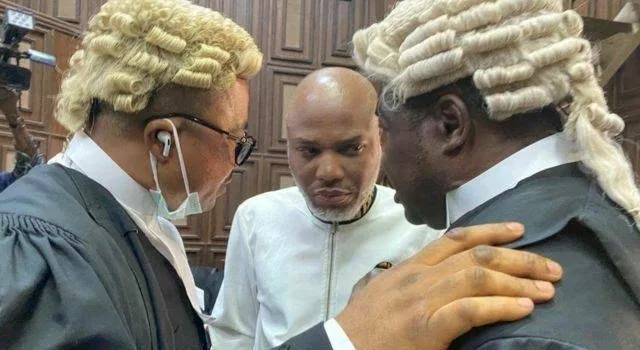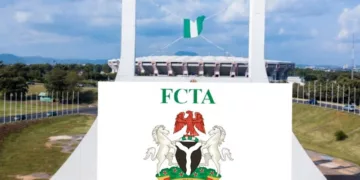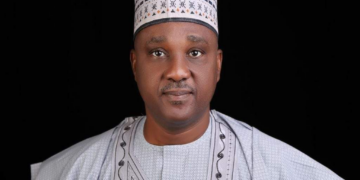Bishop (Dr.) Sunday Onuoha, President and founder of Vision Africa International, has stated that Nnamdi Kanu, the detained leader of the Indigenous People of Biafra (IPOB), has never advocated for war in Nigeria.
Onuoha made this assertion during a press conference at Vision Africa Radio station in Umuahia, the capital of Abia State. He emphasized that Kanu’s agitation for Biafra is a response to the injustice and marginalization faced by the Ndigbo people.
“He has never called for violence or war. The justice he seeks is evident in the challenges we face today, particularly the hunger and inequality plaguing our nation,” he remarked.
As co-chair of the Interfaith Dialogue Forum for Peace, Onuoha shared that he has met with Kanu multiple times during his detention by the Department of State Security. He urged a reevaluation of the situation.
“During my visits, Kanu remained calm and resolute, demonstrating a strong commitment to collaborating with others to address the issues in the South-East.
In our conversations, he maintained a positive spirit and expressed optimism about resolving matters peacefully, consistently refraining from advocating violence or war and focusing instead on justice and equity.”
Onuoha appealed to the federal government, led by President Bola Tinubu, to consider a political solution for Kanu, whom he described as a man who loves his people and has promised to promote peace in the region if released.
He called for dialogue between regional leaders and the federal government to find a political resolution to Kanu’s ongoing detention and the issues it has created.
“If the government genuinely wishes to operate democratically, we must all advocate for political solutions. Legal battles only prolong the issue without addressing its root causes.”
The Methodist Church of Nigeria bishop expressed concern over the country’s dire economic situation and the recent stampedes in Abuja, as well as in Oyo and Anambra States, during the distribution of food palliatives.
Onuoha urged leaders at all levels of government to take action to alleviate hardship, warning that “if the poor are pushed to their limits, they may express their grievances in ways that will not be favorable to those in power.”
We’ve got the edge. Get real-time reports, breaking scoops, and exclusive angles delivered straight to your phone. Don’t settle for stale news. Join LEADERSHIP NEWS on WhatsApp for 24/7 updates →
Join Our WhatsApp Channel










